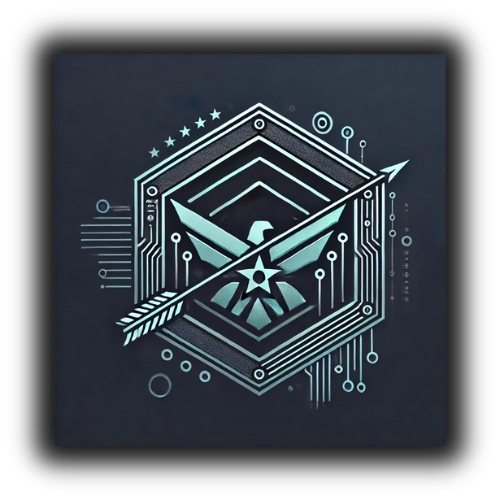A new era of globally networked, quickly evolving technologies that integrate engineering, computer science, and culture is already under way. Because of the digital transformation or convergence we will experience over the coming years, our fundamental manner of living, working, and connecting will change. More notably, the introduction of computers powered by machine learning and artificial intelligence (AI) in the twenty-first century may change how we interact with ourselves.
Virtually every industry will be significantly impacted by the networked computer components of the digital ecosystem, which are made possible by machine learning and artificial intelligence. The development of new frontiers in areas as varied as genetic engineering, augmented reality, robotics, renewable energy, big data, and more may be facilitated by these combined AI and computing capabilities.
AI is already having an impact on three crucial sectors in this digital transformation:
- Communications
- Cybersecurity
- Healthcare
Healthcare and AI
The creation of the COVID-19 vaccine drug and the medical community’s response to the COVID outbreak depended heavily on AI.
One of the most intriguing uses of AI in healthcare is predictive analytics. Predictive analytics uses historical data on patients’ diseases and treatments to make predictions about future outcomes based on a patient’s present health or symptoms. This makes it possible for medical professionals to select the most effective course of action for treating patients with chronic illnesses or other health issues. Recently, the DeepMind AI team at Google created computers that can predict a wide variety of protein configurations, which is extremely useful for scientific and medical research.
Cybersecurity and AI
AI in cybersecurity may provide a more rapid method of identifying and detecting internet dangers. Security businesses have created software and platforms powered by AI to detect data exfiltration, brute force login attempts, unexpected data transfer, and the usage of odd or malicious credentials all in real time. By scanning data and files, they accomplish this. This helps businesses to assess statistical data and protect against abnormalities before reporting and patching them. AI also enhances network monitoring and threat detection technologies for the benefit of cybersecurity professionals by reducing noise, providing priority warnings, employing contextual data backed by evidence, and performing automated analysis based on correlation indices from cyber threat intelligence reports.
Customer Service & Communications (CX)
Additionally, AI is altering how our culture communicates. RPA enhances service operations by employing technology for repetitive, normal tasks while freeing up human talent for more challenging, complex issues. It may scale up and change to meet performance needs.
By fully automating customer care and offering round-the-clock support, chatbots, voice assistants, and other messaging apps that use conversational AI benefit a number of industries. With each passing day, conversational AI/chatbots have developed and provided new channels for human communication through expressions and context.

